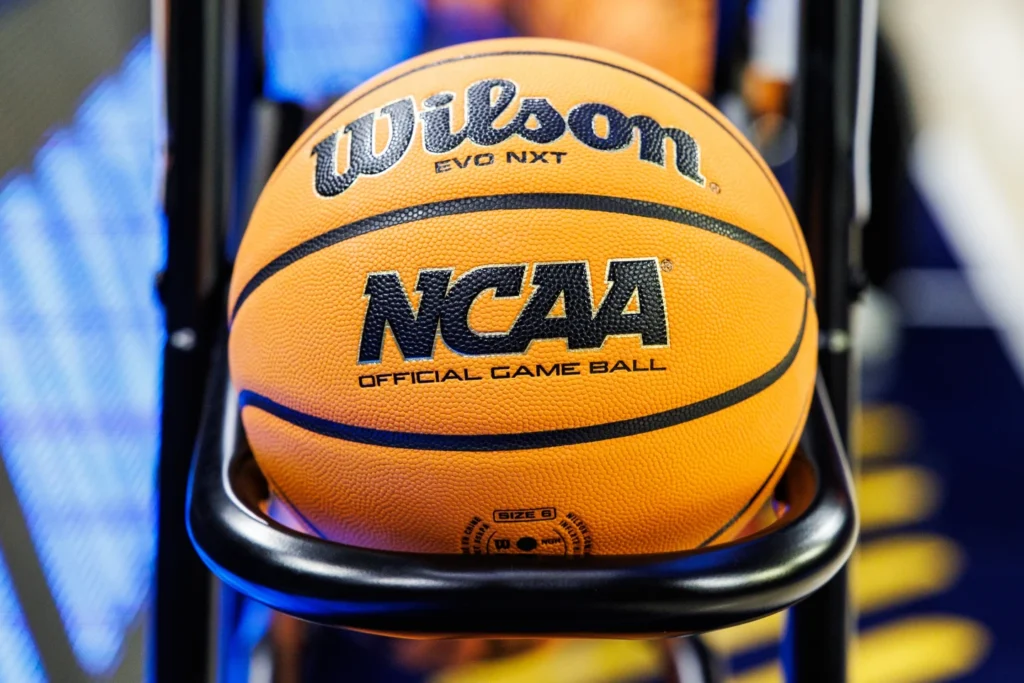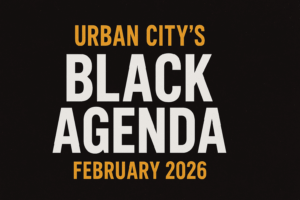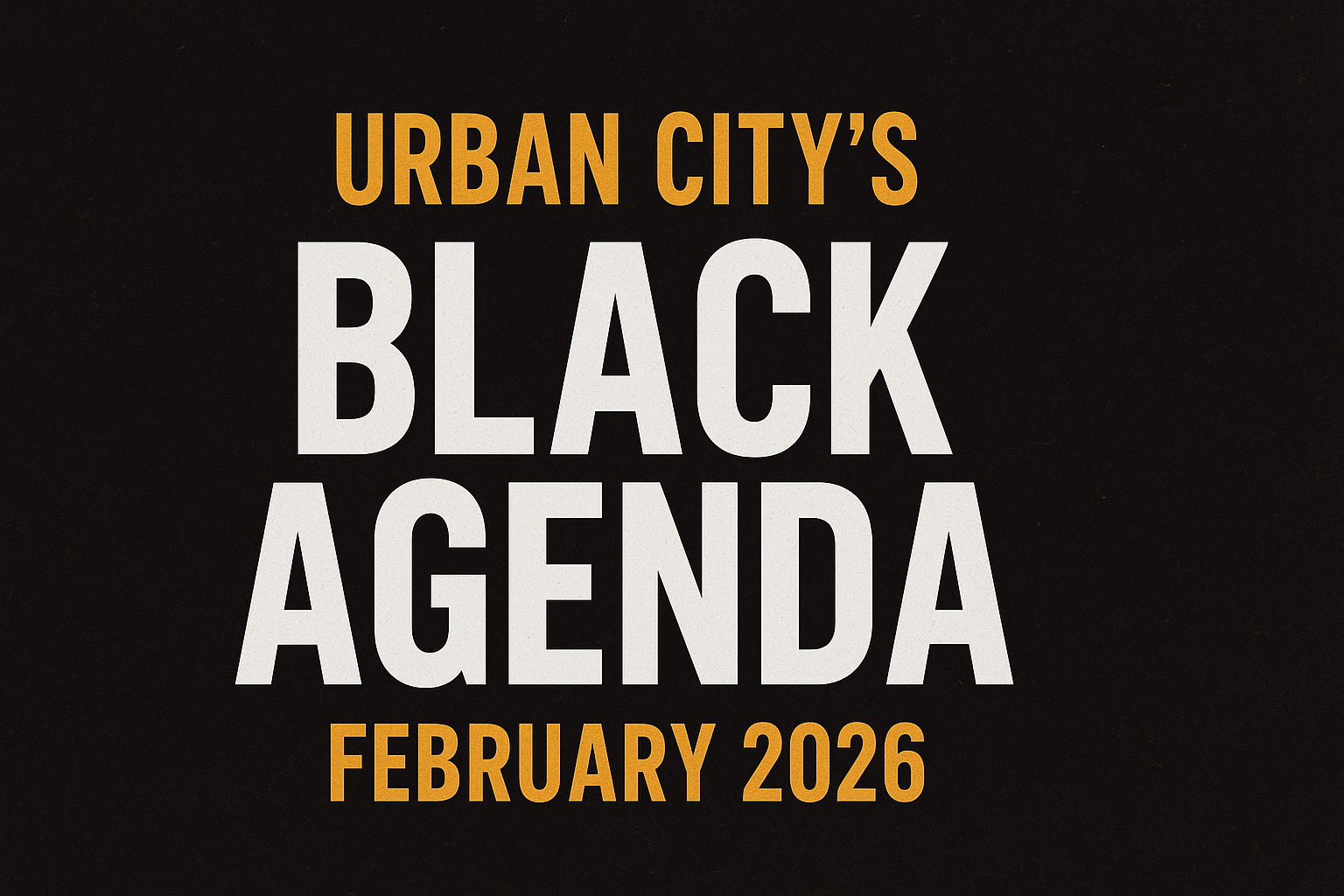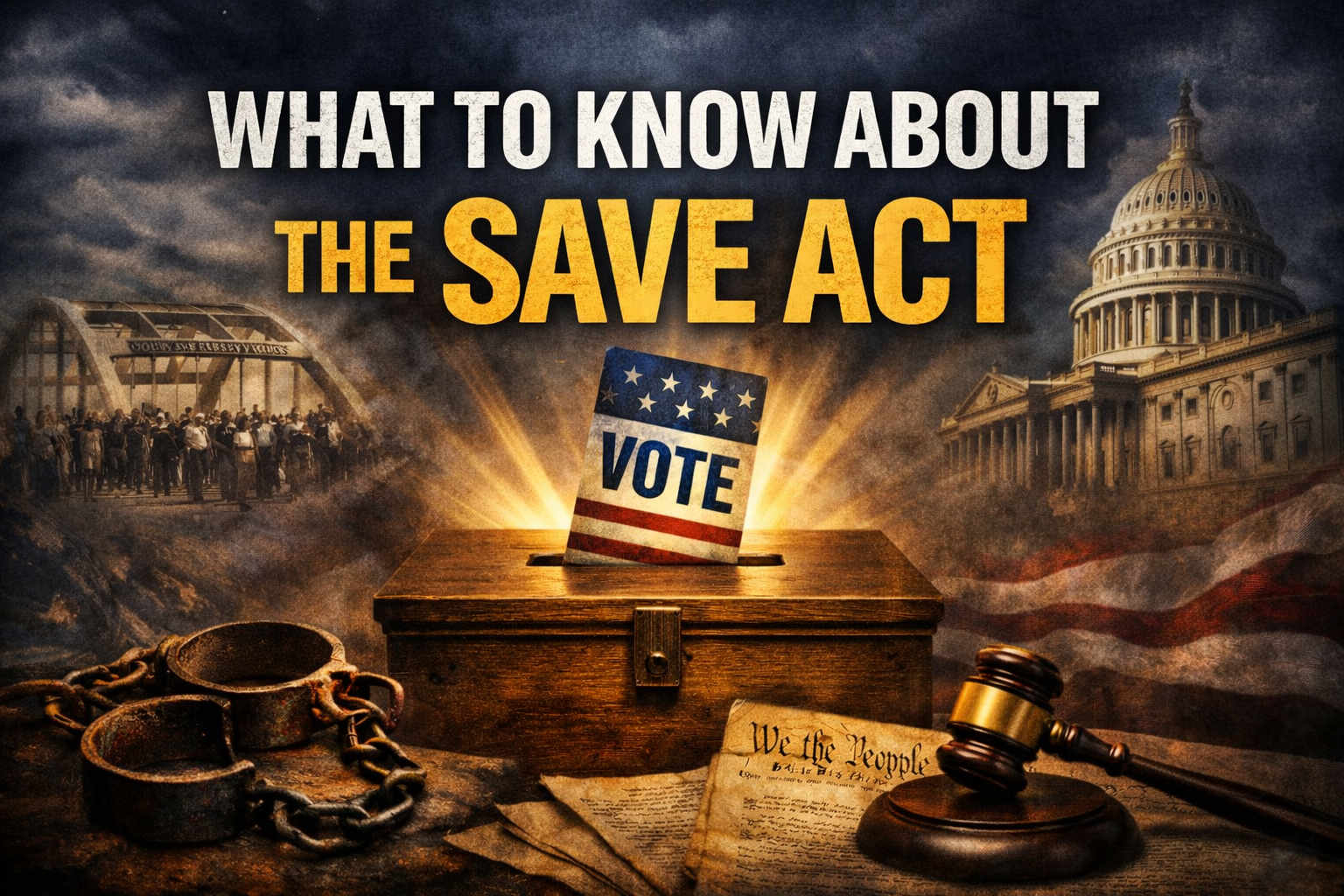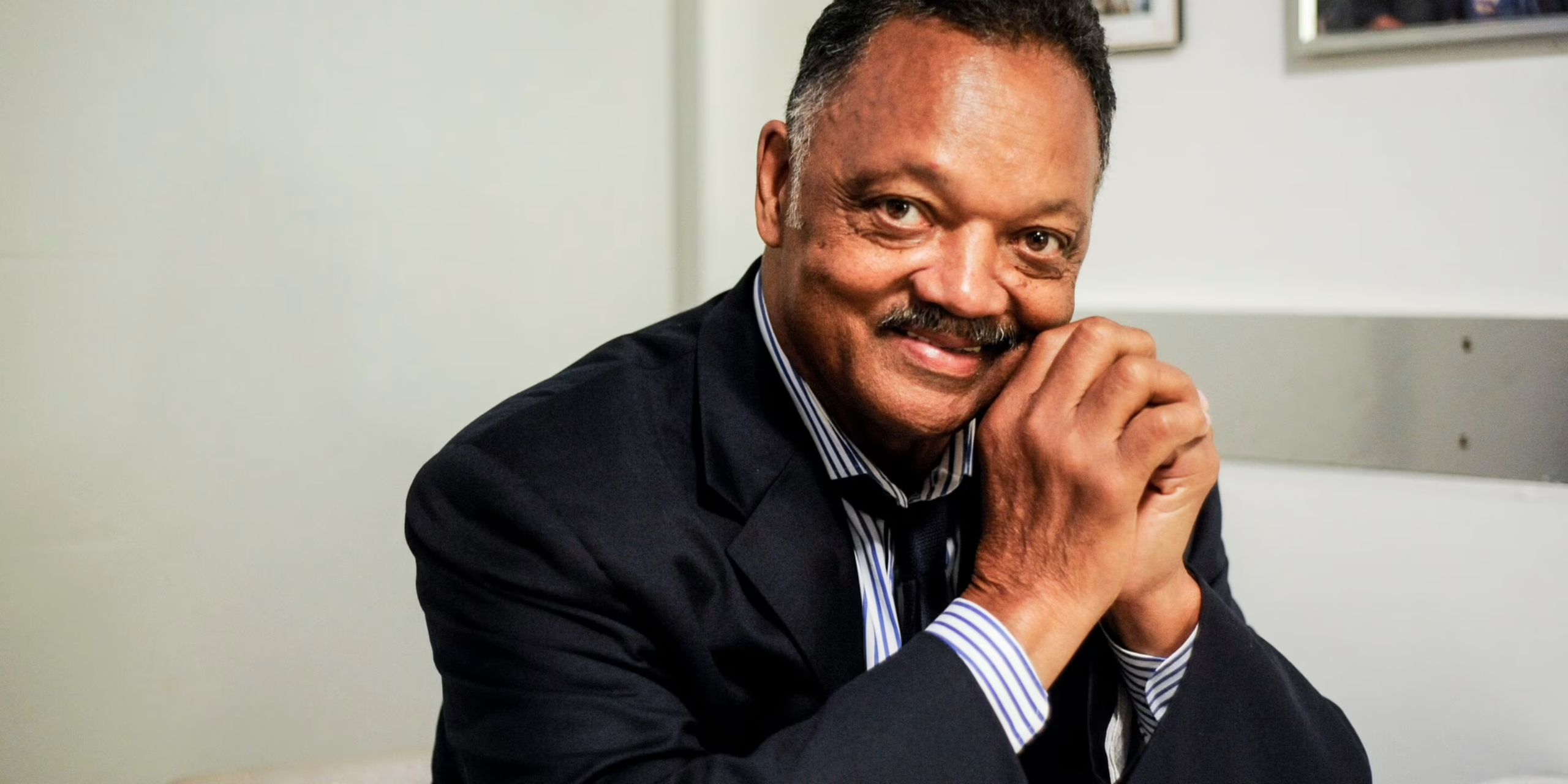Major Takeaways
- Officials revoked eligibility for six players across multiple programs after findings tied to manipulating betting outcomes and sharing insider information.
- Integrity monitoring, tips, and data analysis are central to uncovering gambling related misconduct in college sports.
- Leaders are delaying policy changes and emphasizing education, deterrence, and support to protect competitive integrity.

6 Minute Read
Urgent Insights: NCAA college basketball eligibility and sports betting integrity crisis
College basketball is entering a new season under the shadow of a fast growing sports betting investigation. Officials have revoked the eligibility of six players after a review that tied them to gambling related misconduct. The cases span multiple programs including New Orleans, Mississippi Valley State, and Arizona State. The decisions point to a tightening stance on integrity and a recognition that legal wagering has created new risks for college sports.
What happened and why it matters
The core allegation is that several athletes took part in activities intended to influence betting outcomes. The review found instances where players shared inside information and in some cases shaped on court performance to affect the final margin. That includes losing by more than the point spread and other actions that would tilt wagers one way or another. Officials say the behavior crossed bright lines and undermined trust in competition.
These are not isolated events. Integrity monitors and campus compliance offices have reported more tips and more unusual betting patterns than ever before. The growth of legal wagering, easy access through mobile apps, and the cultural normalization of betting have all raised the stakes. College athletes are high visibility figures who sit close to sensitive information such as injuries, lineup changes, and practice updates. When even a few people try to profit from that access, the ripple effects are large.
The programs and the penalties
The current batch of cases involves six players across three schools. At New Orleans and Mississippi Valley State, investigators say athletes worked with outside bettors and took steps that could change the spread. At Arizona State, the scrutiny focused on sharing inside information and the possibility of coordinated actions linked to specific wagers. In each case, the penalty was the same. Loss of eligibility.
In recent months there have been other disciplinary actions related to gambling as well. Three players from Fresno State and San Jose State were banned after betting on their own games. Those cases sent a clear message that the rule against betting on ones own team is absolute. Taken together, the pattern shows a system that is learning in real time how to detect and deter misconduct.
How these cases come to light
Most investigations begin with tips. Sometimes a teammate, a staff member, or a friend senses that something is off and reports it. Integrity firms that track the betting markets also play a major role. They watch for irregular action such as sudden surges on a small conference game or a line that moves in ways that do not match public information. When market signals and tips point in the same direction, campus compliance teams and league officials step in.
Phone records, messages, and financial transfers can establish connections between athletes and bettors. Game film can show if a player repeatedly makes choices that defy coaching plans and normal incentives. None of this is simple. The line between a bad night on the court and deliberate manipulation is not always clear. That is why recent decisions emphasize patterns over single plays and why the process includes interviews, data analysis, and collaboration with outside experts.
The rules and why they are changing
The rules on athlete gambling have been strict for years. No betting on college sports. No betting on your own team. No sharing of information that is not public. As legal markets have expanded, pressure has grown to revisit parts of that framework. A recent proposal would allow athletes and staff to bet on professional sports, but the effective date was pushed back from early November to later in the month after members voiced concern. Leaders argue that guardrails must come first and education must be expanded before any loosening takes effect.
The delay captures the tension in this moment. Legal wagering is part of the sports landscape, including sponsorships and media coverage that reach college audiences. At the same time, college athletes are not salaried professionals and the educational mission demands higher expectations. Any policy shift must consider how to prevent insider information from leaking into the betting markets and how to protect young people from exploitation.
The human side for the athletes and teams
Eligibility revocation is a severe penalty. For the athletes, it can end a college career and close the door to future opportunities. Some may have believed the conduct was minor or that small actions would go unnoticed. Others may have faced pressure from acquaintances who saw an opportunity to profit. None of that excuses the behavior, but it does highlight why education and support are essential.
For teams, the fallout is immediate. Lineups change. Coaches must rebuild trust in the locker room. Opponents and fans begin to question the legitimacy of recent results. Recruits and their families ask hard questions about campus culture and oversight. Athletic departments must respond with transparency and with a plan that shows they are ahead of the problem rather than reacting after the fact.
Education, deterrence, and support
A strong integrity program blends clear rules, realistic education, and credible enforcement. The best programs do the following.
- Explain rules in plain language with real scenarios that mirror how athletes actually live. For example, what to do if a roommate asks about an ankle injury or if a cousin wants to place a bet during a family holiday.
- Teach athletes how betting markets work so they understand why even small hints can move lines.
- Offer confidential channels for reporting concerns without fear of retaliation. Tips often come from peers who notice unusual behavior.
- Limit access to sensitive information. Injury updates and lineup decisions should be tightly controlled and released publicly at consistent times.
- Run regular audits with integrity partners to spot unusual market activity connected to the teams on campus.
- Set firm but fair penalties and apply them consistently. Credibility depends on even handed enforcement.
Support matters too. Some athletes gamble recreationally and do not recognize when it becomes a problem. Counseling, peer support, and referrals to help services can prevent small issues from turning into life changing mistakes. Education for families is also helpful since pressure often comes from someone the athlete knows well.
What this means for the season ahead
The immediate impact is that several teams will play without key contributors. Coaches will adjust rotations and young players will have to grow fast. On a broader level, the cases serve as a warning. Opponents and officials will be watching suspicious patterns more closely. Broadcasters will discuss betting related storylines with greater care. Fans will ask tougher questions when lines move in odd ways or when endgame decisions look unusual.
In the long run, these cases could push college sports toward a more formal integrity framework similar to what professional leagues use. Expect more data sharing with monitoring firms, more standardized injury reporting, and clearer education modules across conferences. If policies do change to allow certain forms of betting by athletes and staff on professional sports, those changes will likely be paired with tighter rules on information handling and with specific guidance on social relationships that can create risk.
A call for leadership
This is a moment that calls for leadership from university presidents, athletic directors, coaches, and student athlete leaders. The message should be consistent. Fair play is non negotiable. Betting markets are powerful and quick to punish naive mistakes. If you are unsure about a situation, ask for help. If you see something that threatens the integrity of competition, speak up.
The path forward is not only about penalties. It is about building a culture in which athletes understand their responsibilities and feel supported enough to meet them. That means investing in education, setting up safe reporting channels, and making integrity part of the daily routine. It also means recognizing the reality that wagering is all around us and that the best defense is preparation, not denial.
The bottom line
The revocation of eligibility for six players at New Orleans, Mississippi Valley State, and Arizona State shows how serious the threat of gambling misconduct has become in college basketball. Recent bans at other programs reinforce that message. The system is learning how to spot problems earlier through tips and market analysis. Policy makers are moving carefully on rule changes that intersect with legal wagering. And campuses are beginning to build more robust programs that blend education, deterrence, and support.
Integrity is fragile. It takes years to build and can be damaged in a single moment. The recent cases are a hard lesson, but they also offer a chance to reset expectations and to protect the game that so many people love. If leaders act with clarity and consistency, college basketball can navigate this era of legal betting while preserving the trust that makes competition meaningful.

